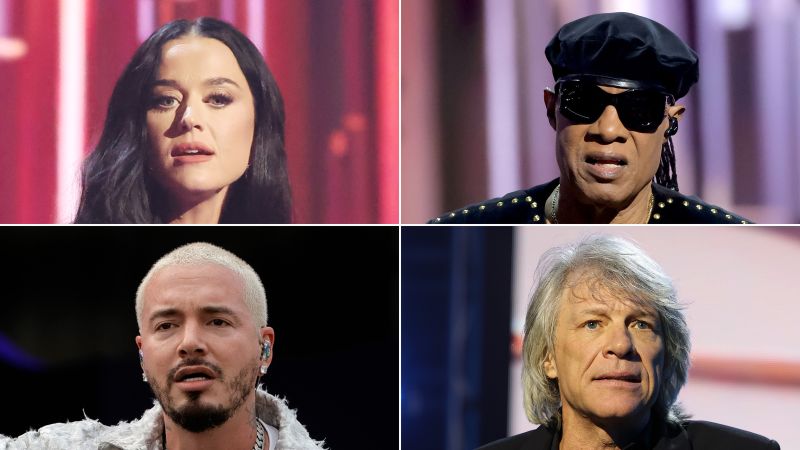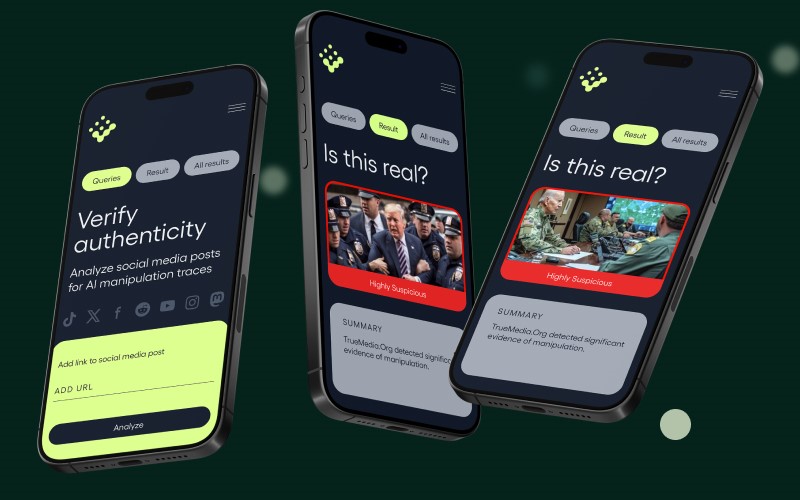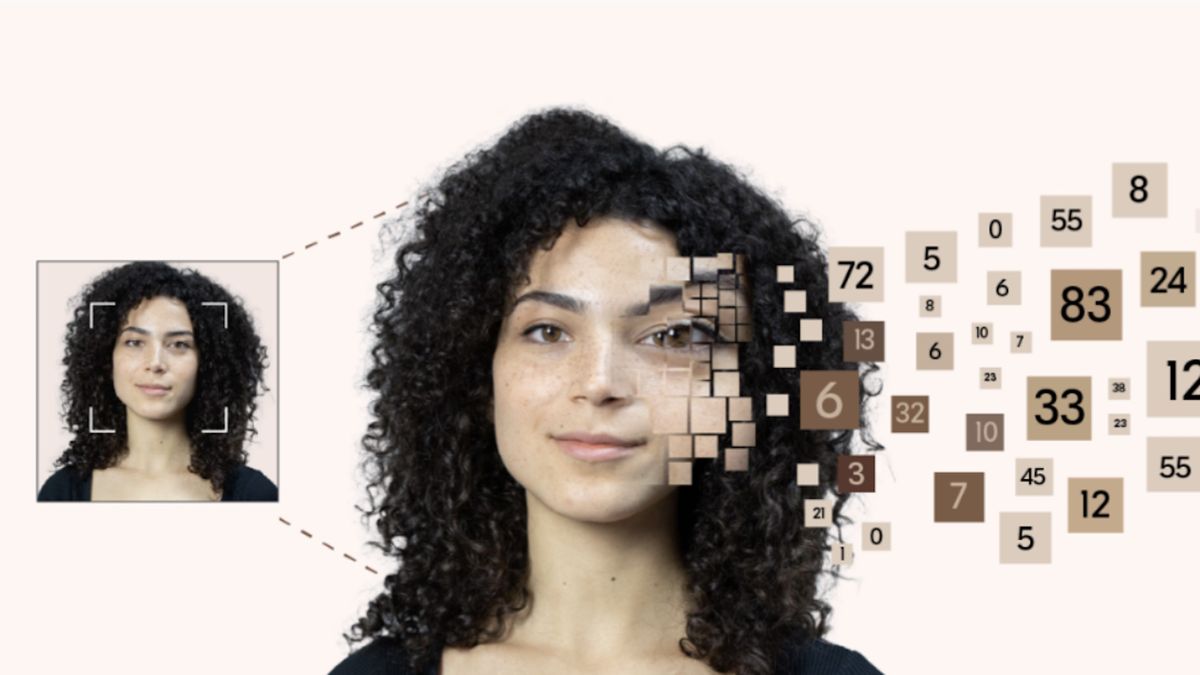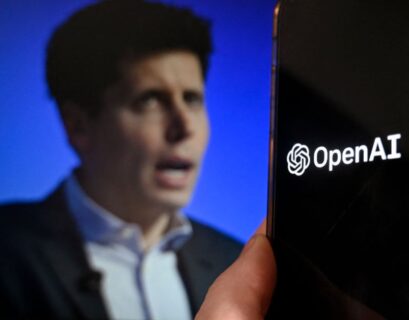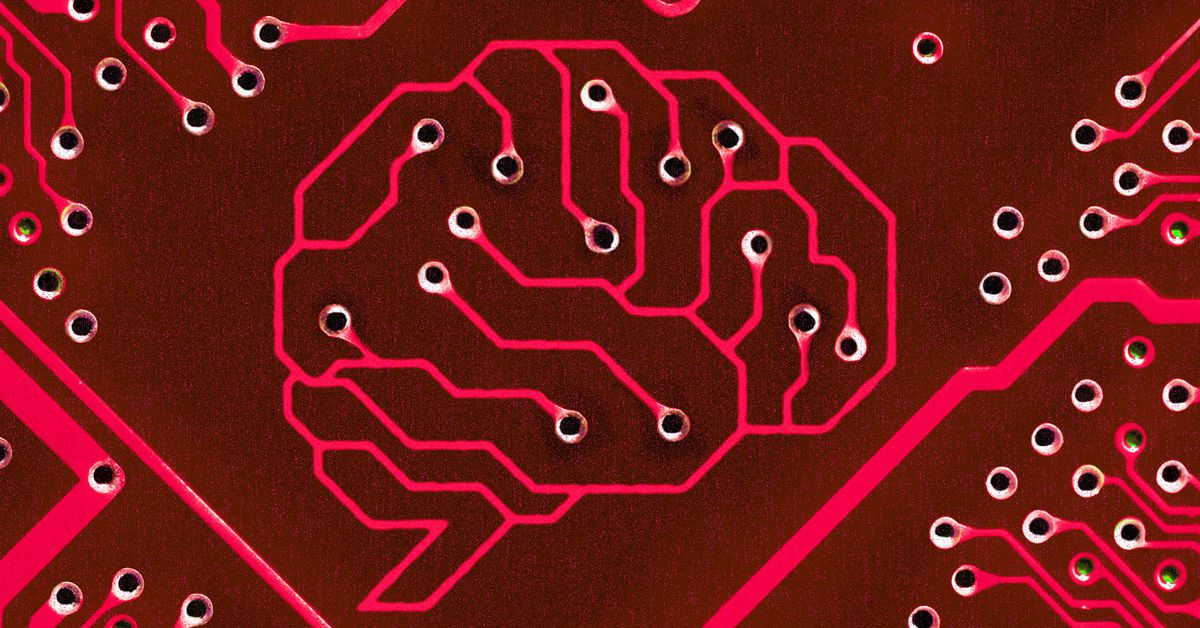More than 200 musicians, including renowned artists like Billie Eilish, Kacey Musgraves, J Balvin, Ja Rule, Jon Bon Jovi, The Jonas Brothers, Katy Perry, Miranda Lambert, and others, have united to voice their concerns regarding the threats posed by artificial intelligence in the music industry.
Organized by the non-profit Artist Rights Alliance, an open letter signed by a multitude of prominent figures in the music business urges AI developers, technology companies, platforms, and digital music services to refrain from utilizing artificial intelligence in ways that undermine the rights and value of human artists. The letter, released by the artist-led education and advocacy organization on Tuesday, emphasizes the pivotal role AI is poised to play in reshaping creative industries and the broader US economy, highlighting the need for responsible AI use amidst its rapid advancements.
The artists’ collective statement addresses various AI-related risks, including deepfakes, voice cloning, and detrimental AI applications that could diminish artists’ royalties and exploit musical works without proper authorization. While acknowledging AI’s potential to enhance creativity and deliver novel experiences for music enthusiasts, the letter condemns the irresponsible deployment of AI that hampers artistic expression and undermines the music community.
Calling for digital music platforms and services to commit to safeguarding artists’ rights, the letter underscores the critical need to shield against AI’s predatory practices that threaten to infringe upon artists’ voices, likenesses, and creative rights, thereby disrupting the music ecosystem.
Signatories to the letter encompass a diverse array of songwriters, celebrities, and prominent entertainment entities, such as Billy Porter, Camila Cabello, Chuck D, Darius Rucker, Finneas, Imagine Dragons, Jon Batiste, Kate Hudson, Nicki Minaj, Norah Jones, Pearl Jam, R.E.M., Sam Smith, Sheryl Crow, Stevie Wonder, and others, including the estates of Bob Marley and Frank Sinatra.
According to Jen Jacobsen, the executive director of ARA, the proliferation of AI threats exacerbates the already challenging landscape for working musicians, posing a significant threat to their livelihoods by introducing a surge of AI-generated content that competes with human creativity. This unethical use of generative AI not only devalues artists’ contributions but also jeopardizes the entire music industry, impacting both artists and fans alike.
The concerns raised by the music community regarding AI extend beyond the industry, with a growing recognition of AI’s impact on the broader entertainment sector. The letter serves as a rallying cry by notable figures to draw attention to the escalating risks associated with AI and its implications for the entertainment landscape, echoing similar discussions within labor union negotiations and industry dialogues.
Recent developments, such as media mogul Tyler Perry’s decision to halt a major studio expansion in response to OpenAI’s Sora capabilities, further underscore the tangible effects of AI advancements, signaling potential job displacement driven by AI technologies like Sora, capable of generating video content from text inputs.

